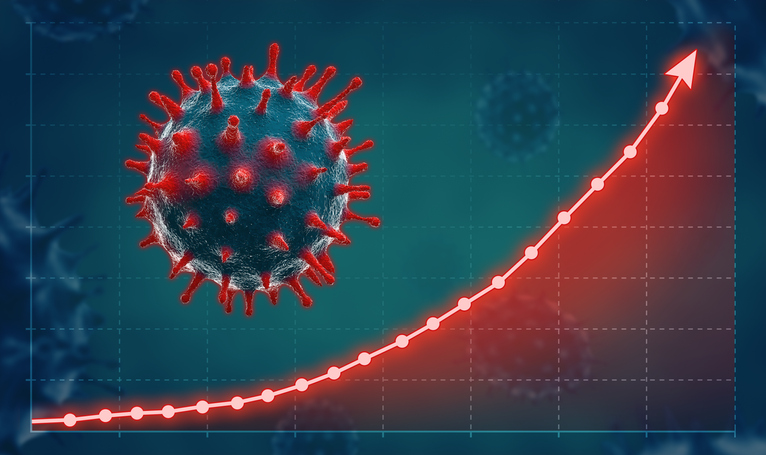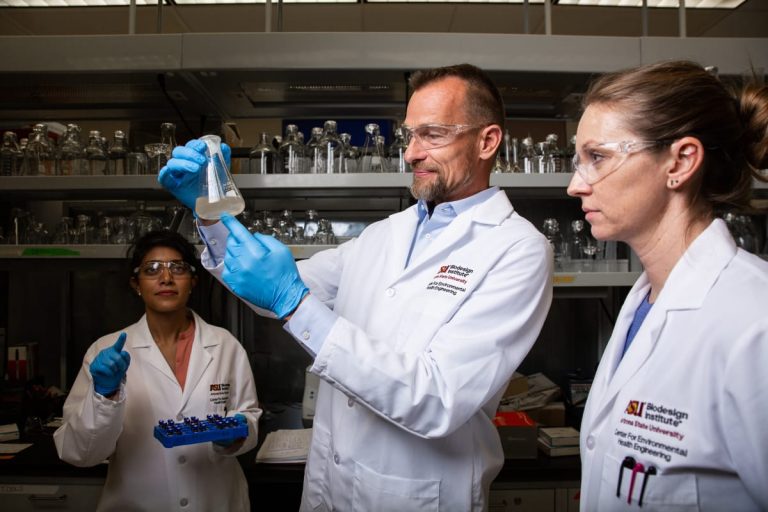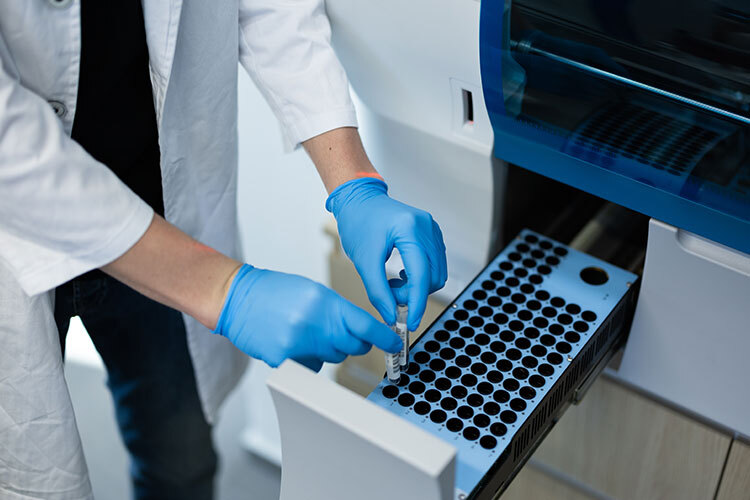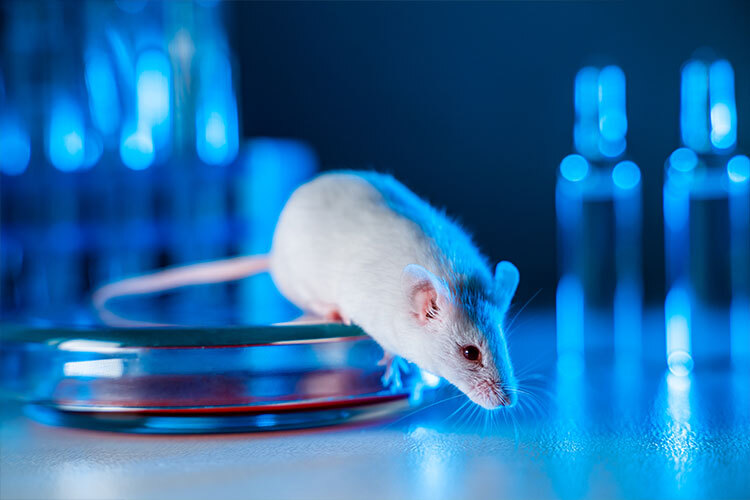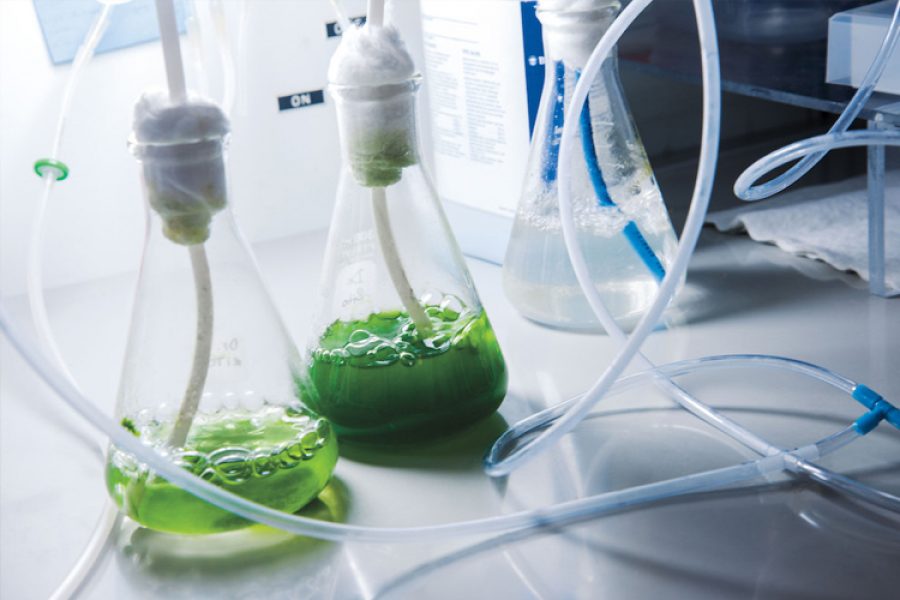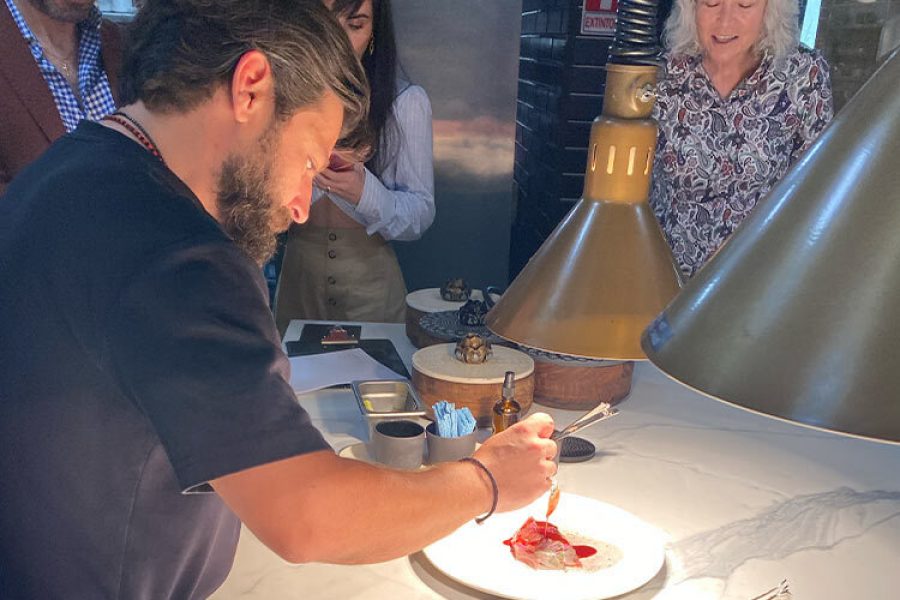Berries like strawberries, raspberries, and blackberries are important. However, nearly half of the items do not arrive in ideal condition because they lack a protective coating to safeguard them from damage during transit and fungus.
According to Maricarmen Iñiguez, a postdoctoral researcher at the Institute of Advanced Materials for Sustainable Manufacturing at Tec de Monterrey, this situation motivated her to develop an intelligent wrapping to preserve these berries.
This coating is edible and made of natural substances such as pectin and essential oil derived from citrus waste such as oranges.
“Economic losses are substantial; once berries suffer physical damage and open up, it fosters the growth of microorganisms like fungi, resulting in estimated losses of up to 50% of production,” says Íñiguez.
<!–[if lte IE 8]>
<![endif]–>
A Secure, Sustainable, and Protective Layer for Berries
The researcher says that there are now several techniques for preserving these products, including refrigeration and using artificial atmospheres to increase their shelf life during transportation and on store shelves.
However, not all of these approaches preserve the quality of the berries or protect them from impacts and smashes.
According to Iñiguez, a potential answer might be citrus waste, such as oranges, representing up to 50% of the initial volume after juicing.
These solid residues include considerable levels of pectin and other bioactive substances, such as essential oils, allowing the researcher to create a formula to help preserve food.
As a result, an emulsion, a liquid based on these chemicals, gets created in which berries are immersed, adhered to, and dried, producing a thin film around them that functions as a layer of protection.
“It’s not about eliminating washing, but rather, this layer can create antimicrobial activity without causing any harm to the fruit,” the researcher states.
This coating has the benefit of not being based on synthetic substances. It may be ingested by humans without harming their gastrointestinal health or the natural flavor of the fruits, in addition to preserving berries from mechanical and microbiological damage without changing their nutrients.
“We aim to ensure that all the ingredients used in the formulation comply with regulations established for human consumption because we want this coating to be soluble in case the fruit is washed and edible without affecting human health.”
Sustainable Future and Circular Economy
According to Íñiguez, intelligent coatings not only address economic losses in berry production but also open the door to viable options for lowering the usage of traditional polymers for food preservation.
The researcher also recognizes that she would investigate the development of bio-packaging augmented with coatings obtained from food industry waste, which might lead to more sustainable practices and a circular economy.
“Currently, there are many bio-packagings, but they contain a very low percentage of truly biodegradable elements,” she said.
Due to her research, Íñiguez has received the L’Oréal-UNESCO scholarship, granted in partnership with the Mexican Academy of Sciences, and the CONALMEX award, which recognizes excellent Mexican female scientists in various subjects.


